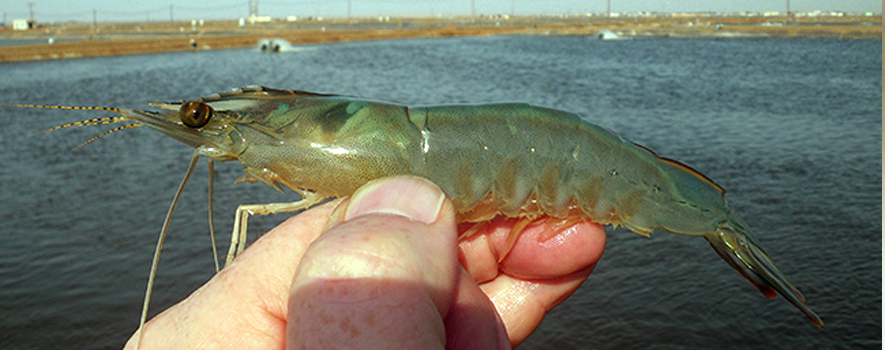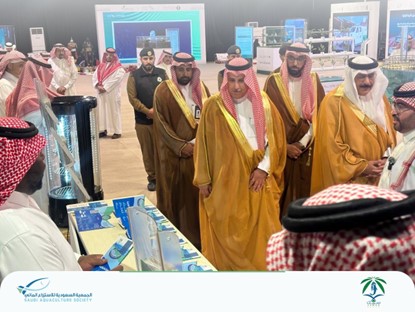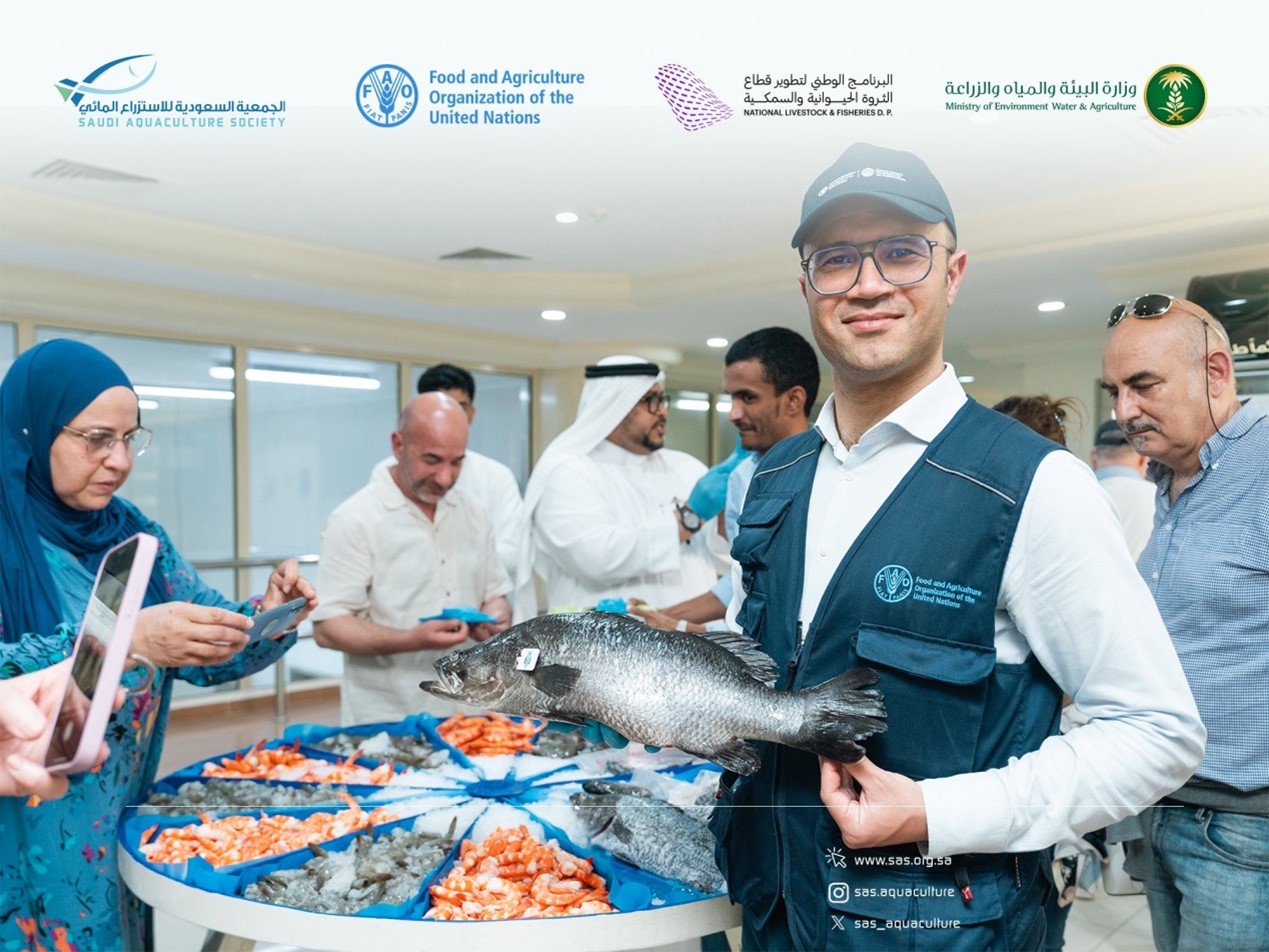
Global Aquaculture Advocate magazine confirmed in its latest issue in a report entitled "Kingdom of Saudi Arabia develops a vital effective strategy in the industry of shrimp farming", noting the success of bio-security program for aquaculture in the Kingdom.
The report focused on the Kingdom's adoption of pioneering vital security strategies in shrimp farming industry in the Kingdom at the level of the world which forms a quantum leap for the industry and shows the effectiveness of these strategies in 2015 and the expected productivity for the year 2016.
New strategies for Pacific white shrimp
To ensure that the introduced SPF P. vannamei were not going to be affected by WSSV, new strategies were developed including indoors broodstock production facilities with proper water disinfection through ozone use. Water disinfection was implemented in growout ponds to prevent potential WSSV vectors from entering into these ponds. During the winter season, and based on the fact that WSSV was already present in the wild populations, a critical element was to protect the new P. vannamei postlarvae from the natural, WSSV-infected and cold environment. As an action plan, shrimp nurseries and a thoroughly seawater disinfection protocol, were recently introduced.
Perspectives
All these biosecurity strategies, including policies regarding live shrimp and commodity shrimp importation, are being compiled in a Biosecurity Manual for the Shrimp Industry in the KSA. So far, the production results of 2015 reached the historical high levels obtained in 2010 before the onset of WSSV. For 2016, the forecast is optimistic with a total expected production of around 23,000 tons , which will be a record production for the country. The long-term goal is to insure the sustainability and health of the shrimp farming industry in the KSA.
The Report can be downloaded and viewed in PDF format from the Saudi Aquaculture Society's website on the following URL:
Saudi Arabia develops a vital effective strategy in the industry of shrimp farming 





.jpeg)